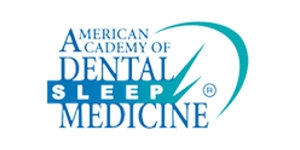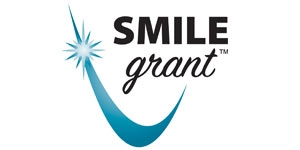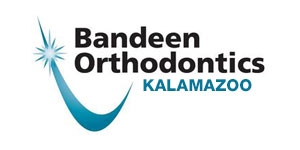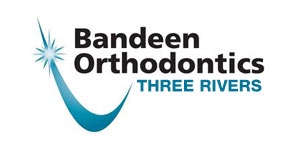Sleep Apnea Treatment in Battle Creek
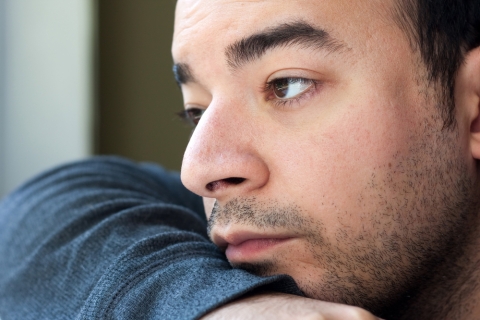
Sleep apnea is a potentially serious condition that pairs with risk factors ranging from light snoring to headaches, insomnia, heart disease, and even diabetes. If you have sleep apnea, though, it may be that you might not even know it.
Sleep apnea occurs when the muscles in the neck relax as you fall asleep, which then causes an obstruction in your airways. In turn, this causes a buildup of air pressure as you inhale and exhale, causing the undesirable effect known as snoring (and all the side effects that come with it).
Today, we’ll be discussing how to tell if you have sleep apnea and methods you can go about treating it.
3 Signs You Need Sleep Apnea Treatment
As we mentioned earlier, detecting sleep apnea can be difficult because when it affects you, you’re not conscious. For that reason, you won’t notice your symptoms as directly as you might notice the symptoms of a stomachache.
1. Snoring
The first, most notable sign that you may have sleep apnea is snoring. You may have heard reports from a partner or from friends that they’ve heard you snoring in the past, which would indicate a blockage in your breathing.
2. Frequent Waking or Disturbed Sleep
If you find yourself waking up frequently throughout the night, that may indicate you are experiencing sleep apnea. When your breathing becomes restricted during the night, your brain wakens slightly to fix it, causing a disturbance known as an arousal. If you find yourself waking up frequently throughout the night, that may be a sign that you should go to a doctor.
3. Headaches and Excessive Sleepiness
If you wake up with a headache and an unreasonable amount of tiredness despite a full night’s sleep, then you could have sleep apnea. Because of the lack of oxygen and constant arousals people with sleep apnea experience throughout the night, they often wake up unsatisfied and aching from their rest.
When to Pursue Sleep Apnea Treatment
If you’re exhibiting signs of sleep apnea, then schedule an appointment with your doctor. You’ll likely be scheduled for a sleep study, where healthcare professionals will gauge the amount of arousals you experience while sleeping. After this, you’ll officially be either cleared of or diagnosed with sleep apnea. If you have sleep apnea, you’ll likely be prescribed a CPAP machine or nighttime mouthguard to promote airway stability while asleep.
Here at Bandeen Orthodontics of Battle Creek, we’re equipped to treat your sleep apnea in the event that CPAP machines don’t work well for your needs. For more information on how we can help you, contact us today.



